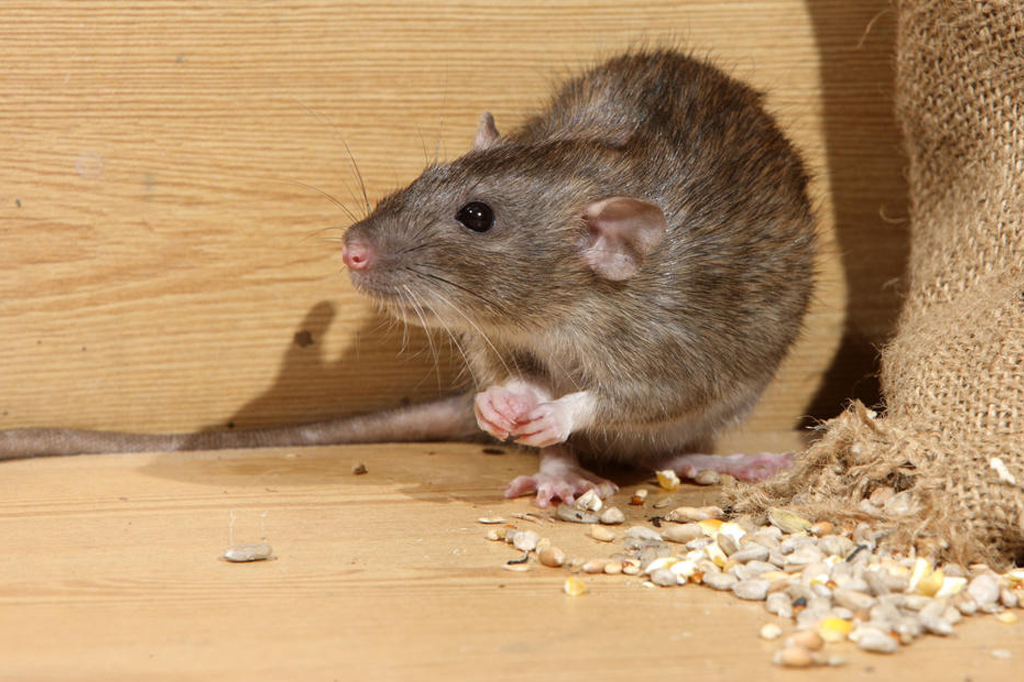How Do You Safely Dispose of Rodent Carcasses in Toronto?
Dealing with a rodent infestation involves more than just eliminating the pests; it also includes safely handling and disposing of rodent carcasses. In Toronto, proper disposal is crucial not only for maintaining public health but also for ensuring that the efforts in rodent control are sustainable and effective. This guide offers detailed advice on how to handle this unpleasant yet important task.
Understanding the Importance of Safe Disposal:
Rodents, whether rats or mice, can carry various pathogens that might lead to diseases. These can linger even after the rodent is deceased. Thus, the safe disposal of these carcasses is critical to preventing the spread of diseases such as hantavirus, leptospirosis, and salmonella. Here are some practical steps to ensure that the handling and disposal of rodent carcasses in Toronto are managed safely and effectively.
Step-by-Step Guide to Disposing of Rodent Carcasses::
- Personal protection
comes first:
- Wear
gloves (preferably disposable ones) to avoid direct contact with the
carcass.
- Consider
using a face mask if there is a risk of airborne pathogens.
- Careful Handling:
- Use a
long-handled shovel or similar tool to pick up the carcass, minimizing
your contact.
- Place
the rodent in a plastic bag. Seal it tightly before putting it into a
second bag, ensuring double protection.
- Proper disposal
methods:
- Check
with local health or sanitation departments for specific guidelines.
- Generally,
placing the double-bagged carcass in your regular trash is acceptable.
Ensure the lid of your garbage can is tightly closed.
- Clean the area.
- Disinfect
any surfaces that may have come into contact with the rodent. Use a
bleach solution or a disinfectant recommended by health authorities.
- Wash your hands thoroughly after handling the carcass and again after cleaning the area.
Additional Safety Measures:
- Regularly inspect
and secure trash bins.
- Ensure
that garbage bins are not only closed but also secured to prevent other
animals from accessing the contents and potentially spreading
contamination.
- Monitor and
Maintain Your Property:
- Regular
checks for signs of rodent activity can prevent larger infestations.
- Seal any holes or entry points to reduce the chances of rodents entering your home or business.
Alternatives to Self-Disposal:
For those who are uncomfortable handling deceased rodents or facing a
large-scale problem, professional services are available. Pest control experts
can manage both the eradication of live rodents and the safe disposal of
carcasses. Here are some considerations when deciding whether to call in the
experts:
- Severity and Scale
of Infestation:
- A large
or recurring rodent problem may require the expertise and methods
available through professional services.
- Health Risks:
- Situations
involving numerous carcasses can pose significant health risks,
potentially requiring specialized cleaning and disposal methods.
- Legal Requirements:
- In some cases, the handling of pest-related waste might have specific regulations that need professional attention.
Educating yourself and your community:
Knowledge is a powerful tool in pest management. Educate yourself about
the habits and risks associated with rodents and share this information within
your community. Awareness can significantly enhance collective efforts in rodent control in Toronto and
prevention, leading to a healthier environment for all.
- Participate in
local health programs:
- Many
communities have programs in place to manage rodents effectively, often
providing resources or services to help residents.
- Stay Informed:
- Understanding seasonal trends in rodent activity can help anticipate and mitigate potential infestations before they become severe.
Safely disposing of rodent carcasses is a necessary task for maintaining a healthy environment and effective rodent control in Toronto. By following these guidelines, you can ensure that the risks associated with these pests are minimized. Always prioritize personal safety and consider professional help if the situation seems overwhelming.
To know more details about rodent control click
here only!


Comments
Post a Comment